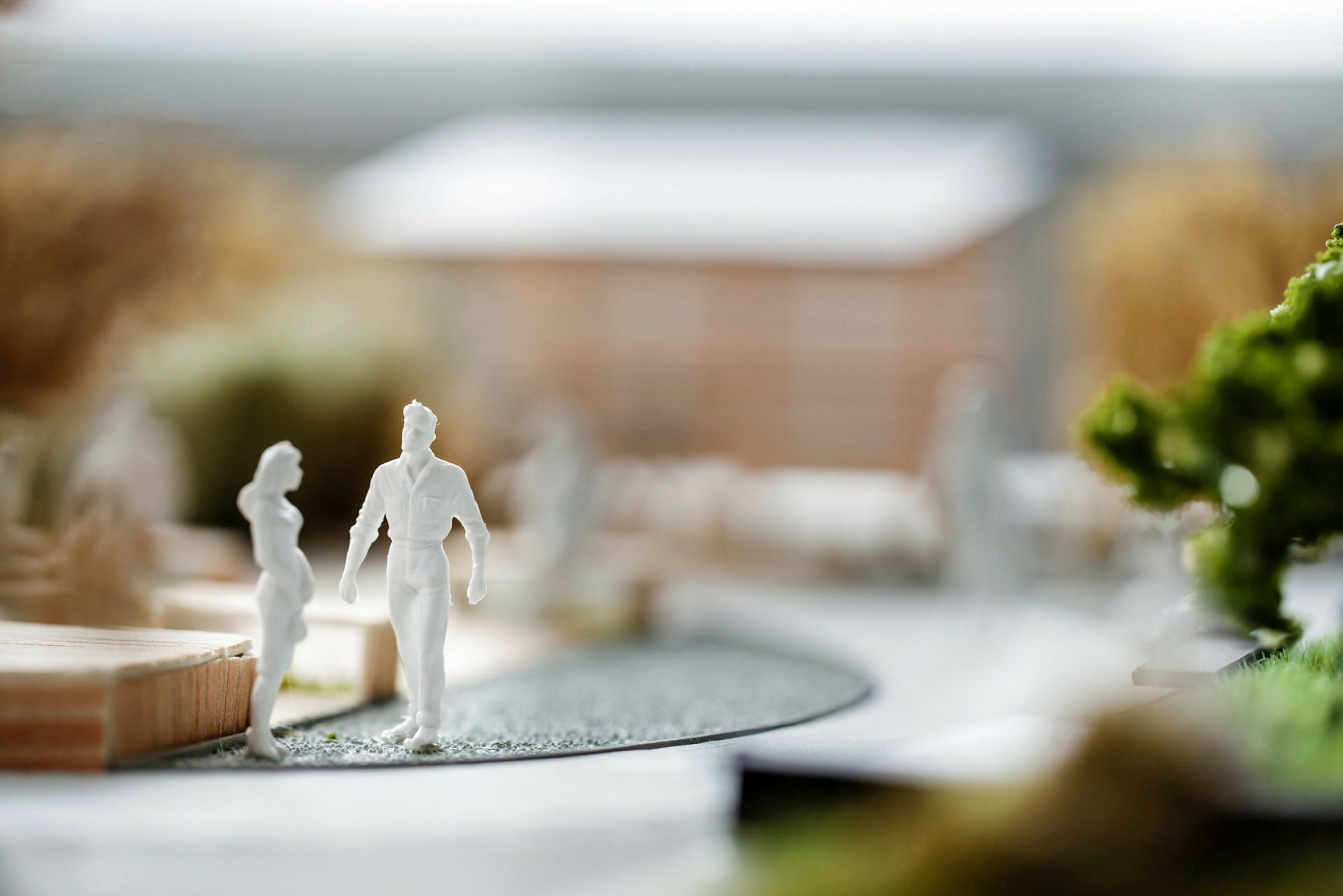01 sep. 2015 - 31 aug. 2018
NMBU
Objective
More about the project
Researchers
Petter Næss
Professor emeritus

This research project generates new theoretical and empirical knowledge on the relationship between urban form and subjective well-being (SWB).
NMBU
Professor emeritus